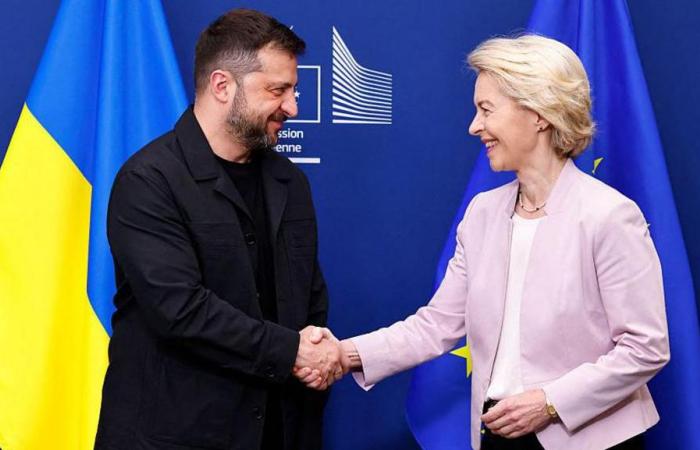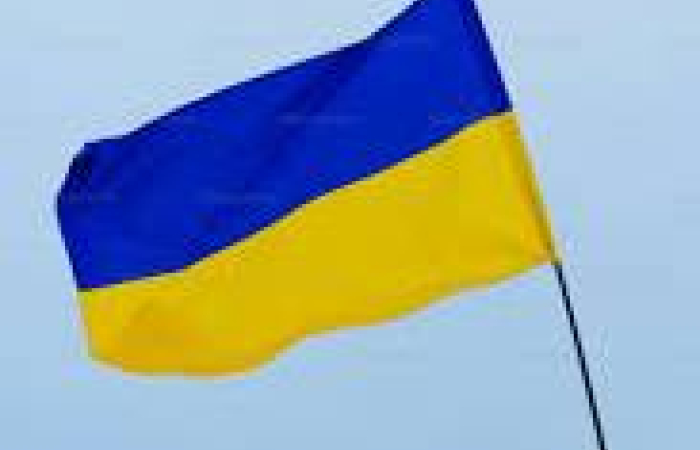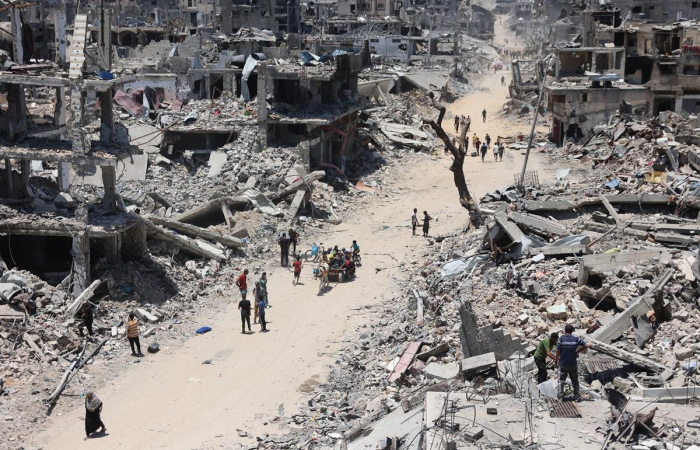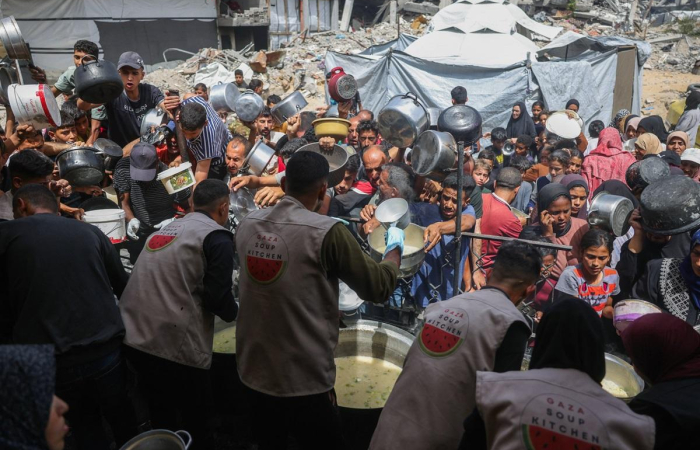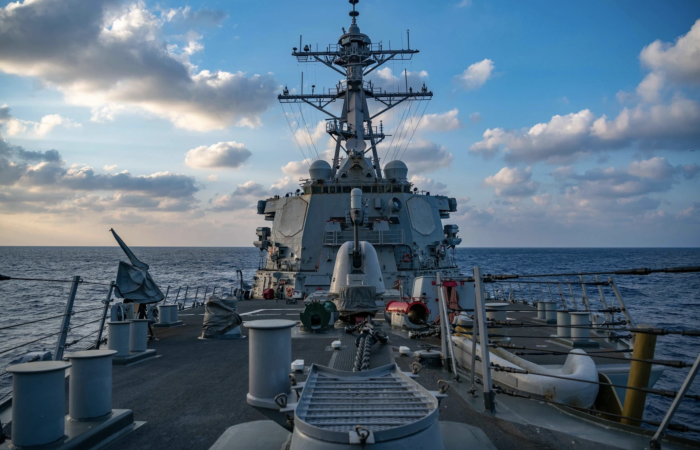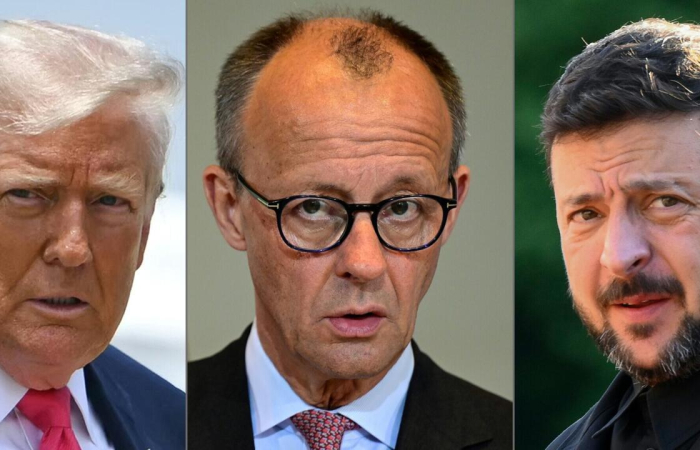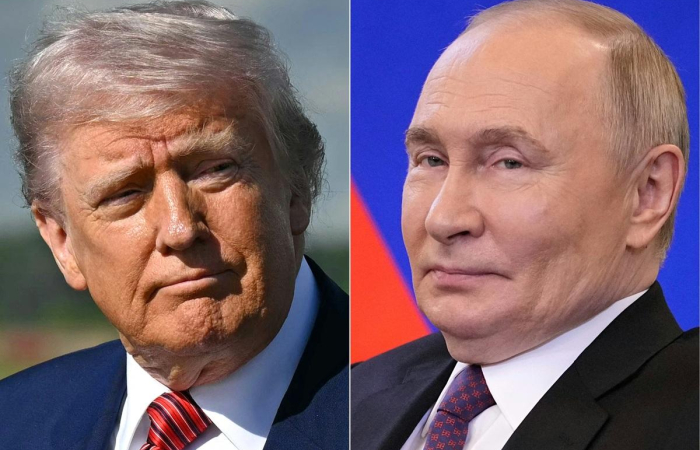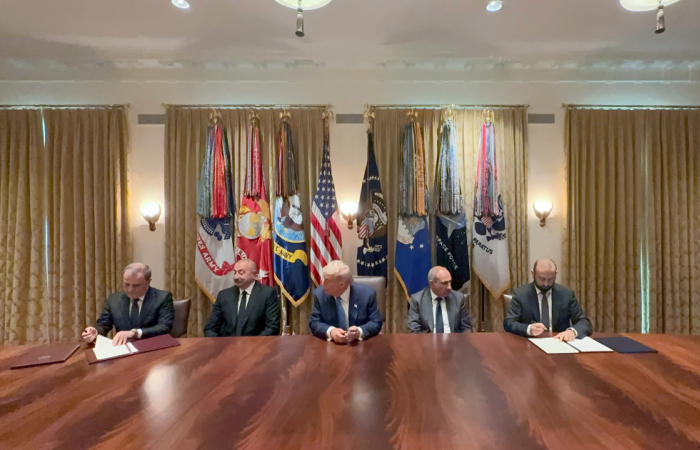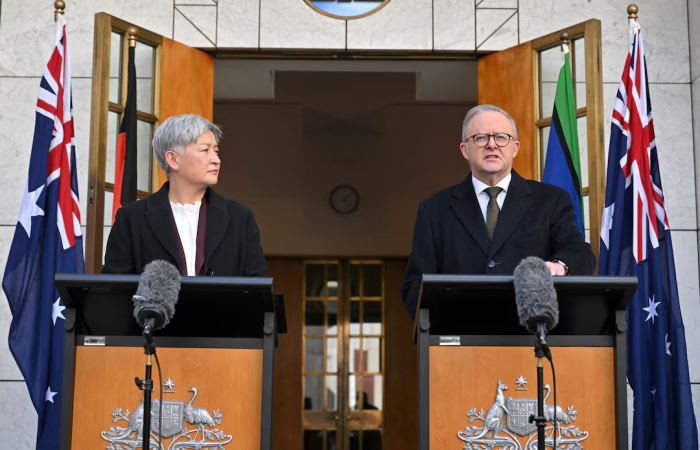Trending
- Conflict and Peace
- Defence
- Diplomacy
- Geostrategic Europe
- EU plus
- Global
- Russia
- Ukraine and Eastern Europe
In a show of solidarity, key European leaders will join Zelensky in Washington
17 August 2025
Key European leaders will join Ukrainian president Zelensky at talks with US president, Donald Trump, in Washington on Monday (18 August).
Zelensky is currently in Brussels where he met with European Commission president, Ursula von der Leyen.
European leaders have announced they will be joining Ukrainian President Volodymyr Zelensky on a trip to the White House on Monday. They include UK Prime Minister Keir Starmer, Italian Prime Minister Giorgia Meloni, German Chancellor Friedrich Merz, Finnish President Alexander Stubb, French President Emmanuel Macron, Nato Secretary-General Mark Rutte and European Commission President Ursula von der Leyen.
Speaking to the press after her meeting with president Zelensky, Von der Leyen said she is glad to be accompanying Zelensky and other European leaders to Washington tomorrow.



